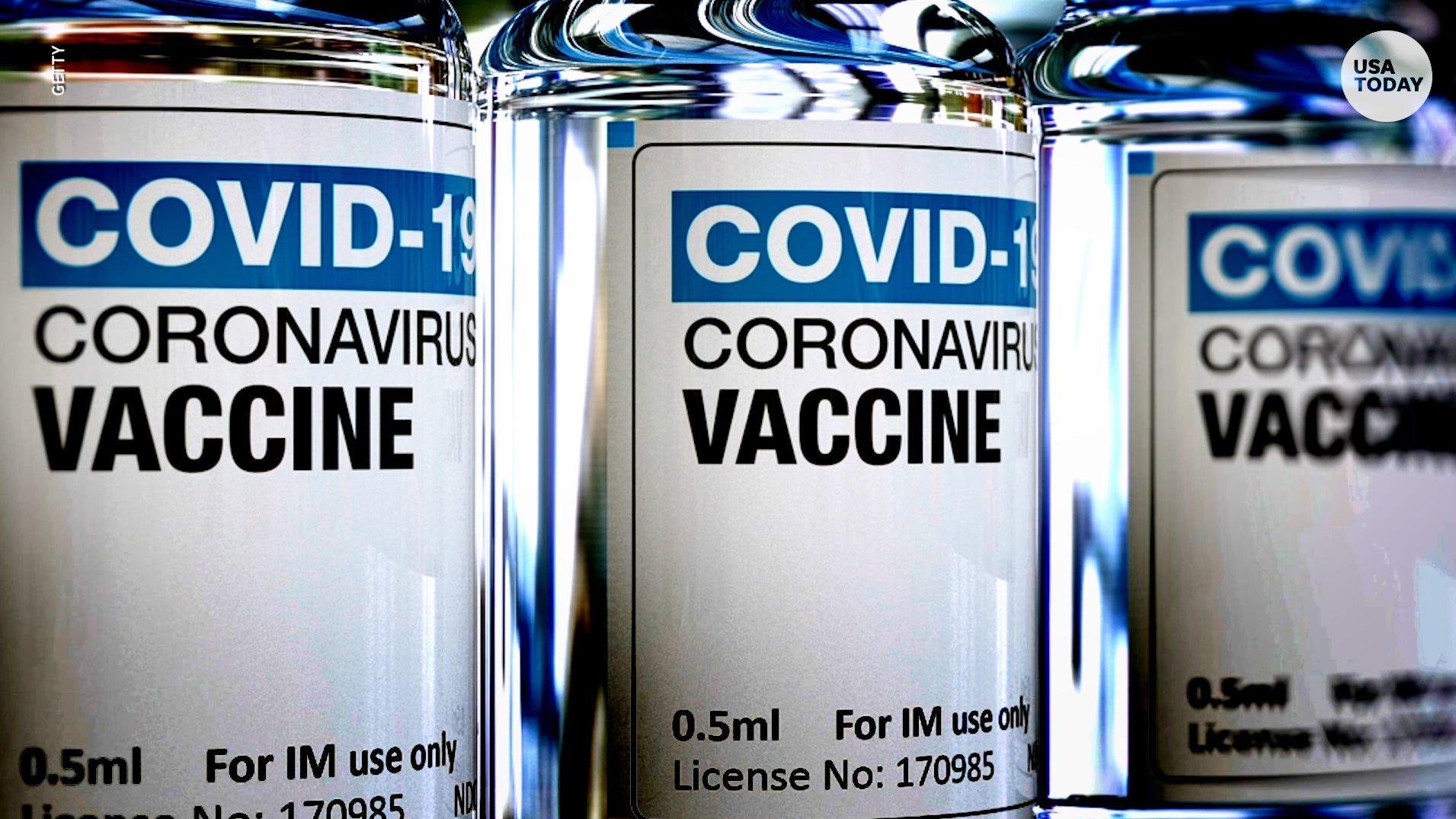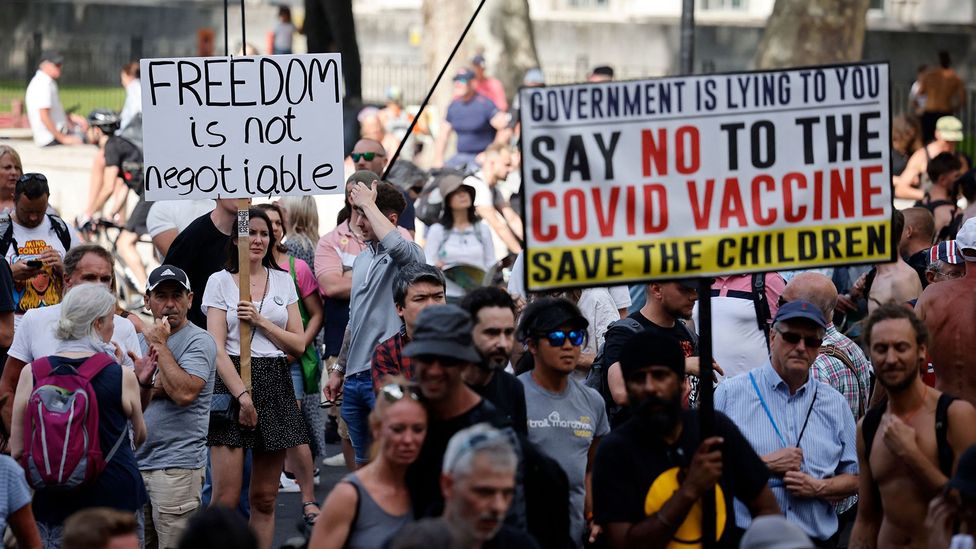Can A Vaccine Truly Save Humanity From A Zombie Apocalypse?
In a world where the threat of zombies looms larger than ever, the development of a vaccine has become humanity's greatest hope for survival. Imagine a scenario where a single shot could prevent the spread of a deadly pathogen that turns humans into mindless creatures. This isn't just science fiction; it’s a glimpse into the potential of modern medicine. As researchers race against time, the question remains: Could my vaccine can save the world from zombies? The answer lies in understanding the science behind vaccines, the challenges faced by scientists, and the role each of us plays in preventing the unthinkable.
While the concept of zombies may seem far-fetched, the underlying science of infectious diseases is very real. The idea of a vaccine capable of stopping a global outbreak is grounded in years of research and innovation. Scientists around the world are working tirelessly to develop solutions that could prevent such disasters. From understanding how pathogens spread to creating effective countermeasures, the journey toward a zombie-proof world is both complex and fascinating.
As we delve deeper into this topic, it’s important to recognize the role of trust and collaboration. Public confidence in vaccines is crucial, and misinformation can derail even the best efforts. By exploring the science behind vaccines, the challenges faced by researchers, and the potential impact of "my vaccine can save the world from zombies," we can better prepare for the future. Let’s take a closer look at what it takes to protect humanity from the undead.
Read also:Exploring The World Of Hdhub4u 2025 Movie A Comprehensive Guide
What Exactly Is a Zombie?
Before we dive into the science of vaccines, let’s define what a zombie actually is. In popular culture, zombies are reanimated corpses driven by an insatiable hunger for human flesh. However, from a scientific perspective, the concept of zombies can be linked to certain pathogens or parasites that alter behavior. For instance, the Cordyceps fungus infects insects, taking over their nervous systems and turning them into mindless carriers. Could a similar mechanism exist in humans? This is one of the questions scientists are exploring as they develop vaccines.
How Do Vaccines Work?
Vaccines are one of the greatest achievements of modern medicine. They work by training the immune system to recognize and combat pathogens, such as viruses or bacteria. When you receive a vaccine, your body produces antibodies that provide immunity against future infections. In the context of a zombie apocalypse, a vaccine would need to target the specific pathogen responsible for the outbreak. This requires extensive research, testing, and collaboration among scientists worldwide.
Could My Vaccine Can Save the World from Zombies?
The idea of a single vaccine stopping a global zombie outbreak is both thrilling and daunting. While the concept may seem far-fetched, it’s rooted in the principles of epidemiology and immunology. Scientists are already studying how vaccines can combat emerging diseases, such as Ebola or Zika. By applying these principles to a hypothetical zombie outbreak, researchers can develop strategies to protect humanity. The key lies in understanding the pathogen’s behavior and developing a targeted response.
Why Is Collaboration Essential in Vaccine Development?
Vaccine development is a complex process that requires collaboration between scientists, governments, and private organizations. Each party plays a critical role in ensuring the vaccine is safe, effective, and widely accessible. For instance, researchers conduct clinical trials to test the vaccine’s efficacy, while governments regulate its distribution. Private companies often provide funding and resources to accelerate the process. In the case of a zombie apocalypse, global cooperation would be essential to prevent the spread of the pathogen.
What Are the Challenges Faced by Scientists?
Developing a vaccine for a hypothetical zombie outbreak presents unique challenges. First, researchers must identify the pathogen responsible for the outbreak. This involves collecting samples, analyzing genetic material, and determining how the pathogen spreads. Once the pathogen is identified, scientists must create a vaccine that targets its weak points. Additionally, they must ensure the vaccine is safe for human use, which requires rigorous testing and approval processes.
What Role Does Public Trust Play in Vaccine Success?
Public trust is a critical factor in the success of any vaccine campaign. Misinformation and skepticism can hinder efforts to vaccinate large populations. In the case of a zombie apocalypse, widespread adoption of the vaccine would be essential to prevent the spread of the pathogen. Educating the public about the science behind vaccines and addressing concerns openly can help build trust and ensure compliance. This is where communication and transparency become vital tools in the fight against global threats.
Read also:Unveiling The World Of Kannada Films A Comprehensive Guide To 7movierulz 2025
Can We Learn from Past Pandemics?
History provides valuable lessons in vaccine development and pandemic response. From the 1918 Spanish flu to the recent Ebola outbreaks, each pandemic has taught us something new about infectious diseases and their prevention. By studying past pandemics, scientists can better prepare for future outbreaks, including hypothetical scenarios like a zombie apocalypse. For instance, the rapid development of the COVID-19 vaccine demonstrated the power of global collaboration and innovation in addressing health crises.
Who Are the Key Players in Vaccine Development?
Behind every successful vaccine campaign are countless individuals and organizations working tirelessly to protect humanity. These include:
- Research scientists who study pathogens and develop vaccine candidates.
- Government agencies that regulate and approve vaccines.
- Private companies that fund and manufacture vaccines.
- Healthcare workers who administer vaccines to the public.
In the case of a zombie apocalypse, each of these players would need to work together to ensure the vaccine reaches those in need. Their expertise and dedication are crucial in preventing the spread of the pathogen.
How Can We Prepare for the Future?
Preparation is key to surviving any global health crisis, including a hypothetical zombie outbreak. This involves investing in research, improving healthcare infrastructure, and educating the public about the importance of vaccines. By fostering a culture of science and innovation, we can better equip ourselves to face the challenges of tomorrow. The development of "my vaccine can save the world from zombies" is just one example of how science can protect humanity from the unknown.
What Can Individuals Do to Support Vaccine Efforts?
While scientists and governments play a critical role in vaccine development, individuals also have a part to play. By staying informed, supporting research initiatives, and participating in clinical trials, the public can contribute to the fight against global health threats. Additionally, promoting vaccination among friends and family can help build herd immunity and protect vulnerable populations. In the case of a zombie apocalypse, every vaccinated person is one step closer to saving the world.
What Is the Future of Vaccine Technology?
Advancements in technology are revolutionizing the field of vaccine development. From mRNA vaccines to CRISPR gene-editing tools, scientists are exploring new ways to combat infectious diseases. These innovations not only improve the speed and efficiency of vaccine production but also enhance their effectiveness. As we continue to push the boundaries of science, the possibility of "my vaccine can save the world from zombies" becomes increasingly plausible.
How Will Vaccines Shape Our World?
Vaccines have the power to transform society by preventing diseases and saving lives. They play a crucial role in public health, reducing the burden of infectious diseases and improving quality of life. In the context of a zombie apocalypse, vaccines would serve as humanity’s first line of defense against the undead. By investing in vaccine research and development, we can ensure a safer, healthier future for generations to come.
Table of Contents
- What Exactly Is a Zombie?
- How Do Vaccines Work?
- Could My Vaccine Can Save the World from Zombies?
- Why Is Collaboration Essential in Vaccine Development?
- What Are the Challenges Faced by Scientists?
- What Role Does Public Trust Play in Vaccine Success?
- Can We Learn from Past Pandemics?
- Who Are the Key Players in Vaccine Development?
- How Can We Prepare for the Future?
- What Can Individuals Do to Support Vaccine Efforts?
In conclusion, the development of a vaccine capable of saving humanity from a zombie apocalypse is a testament to the power of science and innovation. While the concept may seem like science fiction, the principles behind it are grounded in reality. By understanding the science behind vaccines, addressing the challenges faced by researchers, and fostering public trust, we can better prepare for the future. The journey toward "my vaccine can save the world from zombies" is just one example of how science can protect humanity from the unknown.
Article Recommendations


